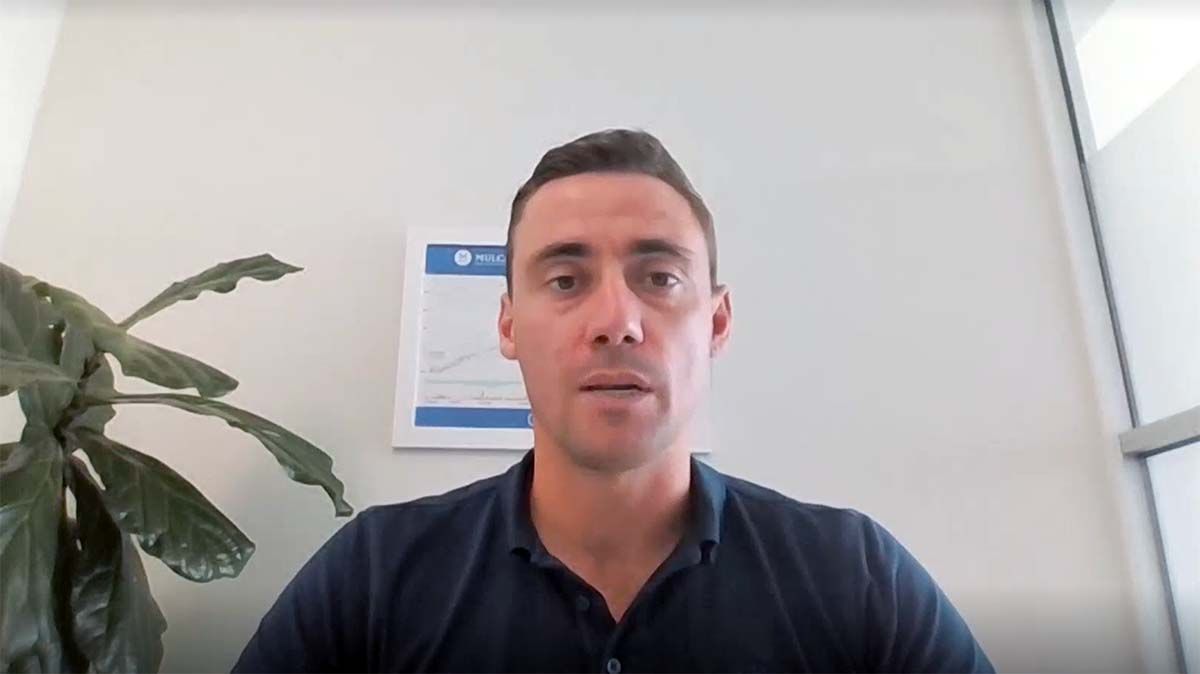Victorian State Budget Response 2023
The Andrews government has handed down the Victoria state budget and aims to reduce its debt accumulated during the height of Covid, while funding its election promises.
Big businesses will be taxed further to help repay the state’s debt, but the government has also introduced some relief, including employer insurance and shielding more from payroll tax.
Here’s a breakdown of the key points in this year’s Victorian State Budget.
Small business:
Victoria will scrap business insurance duty over a 10-year period. The government estimates businesses will save about $3,200 on professional indemnity insurance or $2400 on fire and other special risk insurance over a decade.
The tax-free threshold for payroll tax will also be lifted from $700,000 to $900,000, benefiting 4,200 businesses. A further 22,000 businesses will pay a reduced amount of payroll tax. From 1 July 2025, the payroll tax-free threshold will increase again to $1m.
FREE Kindergartens:
The government will provide $1.4bn for its free kindergarten program and $1.6bn for its new three-year-old kindergarten scheme.
Environment: Victoria will ban native forest logging from the start of next year, bringing forward a commitment to phase it out by the end of the decade. It comes amid a court challenge against the state-owned timber agency VicForests over the protection of endangered species, which the treasurer, Tim Pallas, cited when explaining the decision to bring forward the end of the industry.
The S.E.C.
The government will spend $1bn to revitalise the state-owned State Electricity Commission to boost jobs in renewable energy, as promised in Labor’s election campaign.
Larger businesses:
From 1 July, large businesses with a national payroll above $10m year will pay additional payroll tax. A rate of 0.5% will apply for businesses with a national payroll above $10m and businesses with a national payroll above $100m will pay an additional 0.5%. The additional rates will be paid on the Victorian share of wages above the relevant threshold and are estimated to raise $3.9bn.
Property Investors:
From January 2024, Victorians who currently pay land tax will be hit with an additional annual fee of $500 for landholdings worth between $50,000 and $100,000 and $975 for land worth between $100,000 and $300,000. For land worth more than $300,000, the $975 fee plus an additional increase of 0.1% will be charged. Family homes will remain exempt from land tax.
860,000 Victorian landowners will be affected, who will pay an average of $1,300 in additional taxes. Some reasoning behind these decisions were: Land values have increased by 84% in the past decade. Rents have also increased by 25% over five years.
Private Schools:
From July 2024, high-fee private schools will no longer be exempt from payroll tax, which will raise $422.2m over three years. Budget papers estimate this will affect about 110 of the state’s most exclusive schools – or the top 15% by fee level. They currently don’t receive capital funding from the government.







